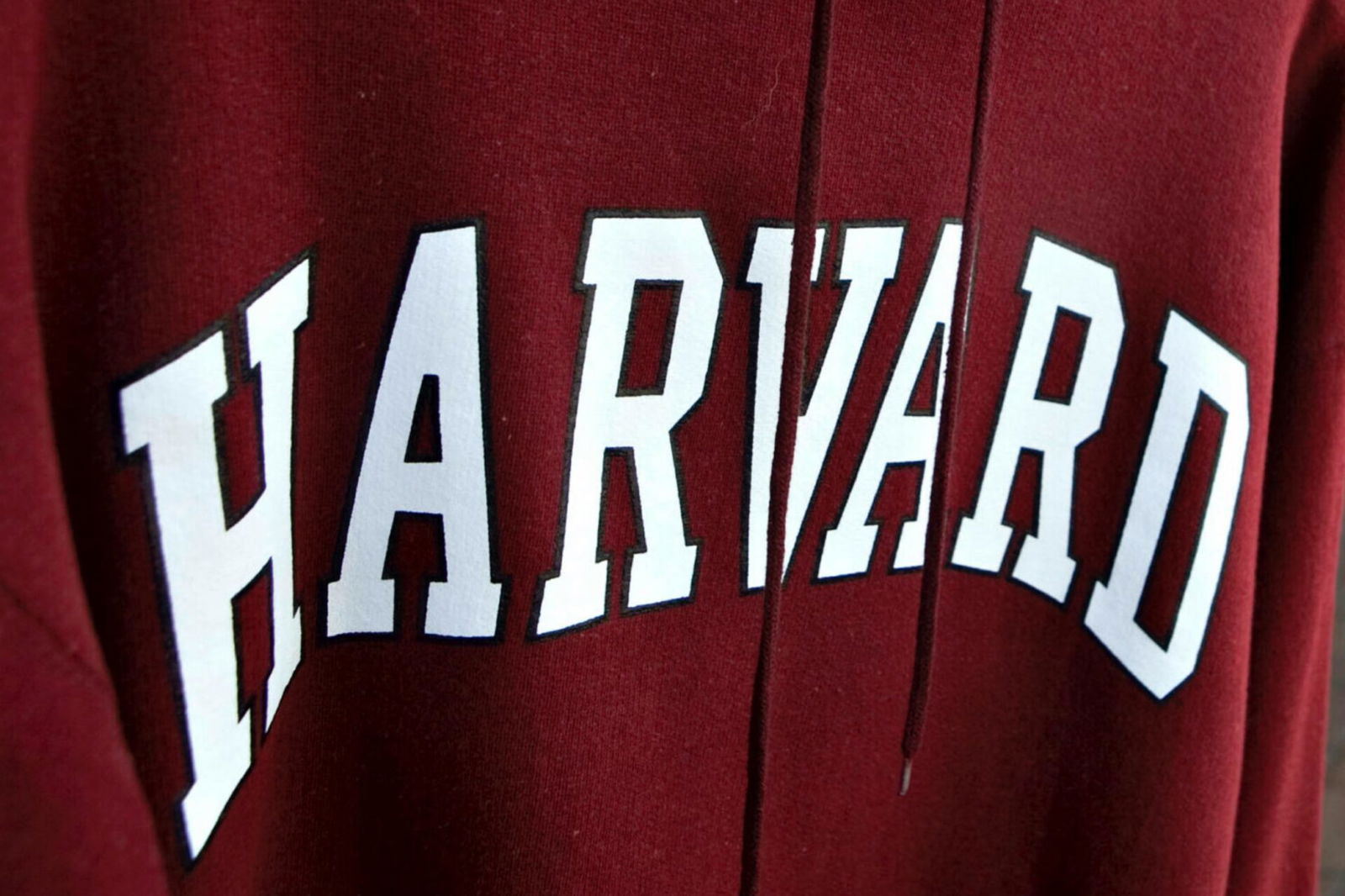
April 1, 2024
They Did What?! Harvard Removes Bookbinding Made Of Human Skin
That's just nasty...
Harvard University recently made a decision to remove a book with human skin binding from its campus library.
Out of a collection of 20 million books found at Houghton Library, Arsène Houssaye’s Des destinées de l’âme was allegedly bound in human remains by its previous owner, Dr. Ludovic Bouland, a French physician. Bouland was accused of using the skin of a deceased female patient without consent while working at a hospital.
The book has been on Harvard’s campus since 1934 after being placed on deposit by alum John B. Stetson, Jr. After his death, his widow, Ruby F. Stetson, donated the publication to Houghton Library in 1954. It wasn’t until 2014 that a scientific analysis confirmed the book had been bound in human skin.
After recommendations by the Report of the Harvard University Steering Committee on Human Remains in University Museum Collections in 2022, it was decided the binding no longer had a place in the collection, with the committee citing the “ethically fraught nature of the book’s origins and subsequent history.”
The Houghton Library took accountability for the oversight, saying, “Stewardship practices failed to meet the level of ethical standards.” It also admitted that the book had been made available to anyone who requested it and never questioned the reasoning. According to ABC News, a library associate once revealed the book was used to “haze” Houghton student employees years ago, when they were asked to “retrieve the book without being told it included human remains.”
Prominent alumni like Paul Needham said there had been a call for years — 10, to be exact — for the binding to be removed. The early modern books scholar revealed he co-wrote an open letter calling for its removal that was published as an advertisement in The Harvard Crimson in March 2024. “I first raised the question with the library almost 10 years ago, in June 2014. And I requested they should have the human skin respectfully removed and given a decent burial,” Needham said.
“I think that the open letter is what finally moved them really to take action and make a statement because until yesterday we have not gotten the university to say a single word about binding in almost 10 years.”
With all the facts known, library associates answered some grueling questions about why the book had remained in Harvard’s possession this long.
Tom Hyry, Harvard’s associate university librarian for archives, said, “We apologize on behalf of Harvard Library for past failures in our stewardship of the book that further objectified and compromised the dignity of the human being at the center.
“We are determined to move forward with care, sensitivity, and ethical responsibility and are committed to best practices in the field, including reflection and correcting historical errors.”
The binding was removed, and the book will remain in a secure storage space at Harvard Library.